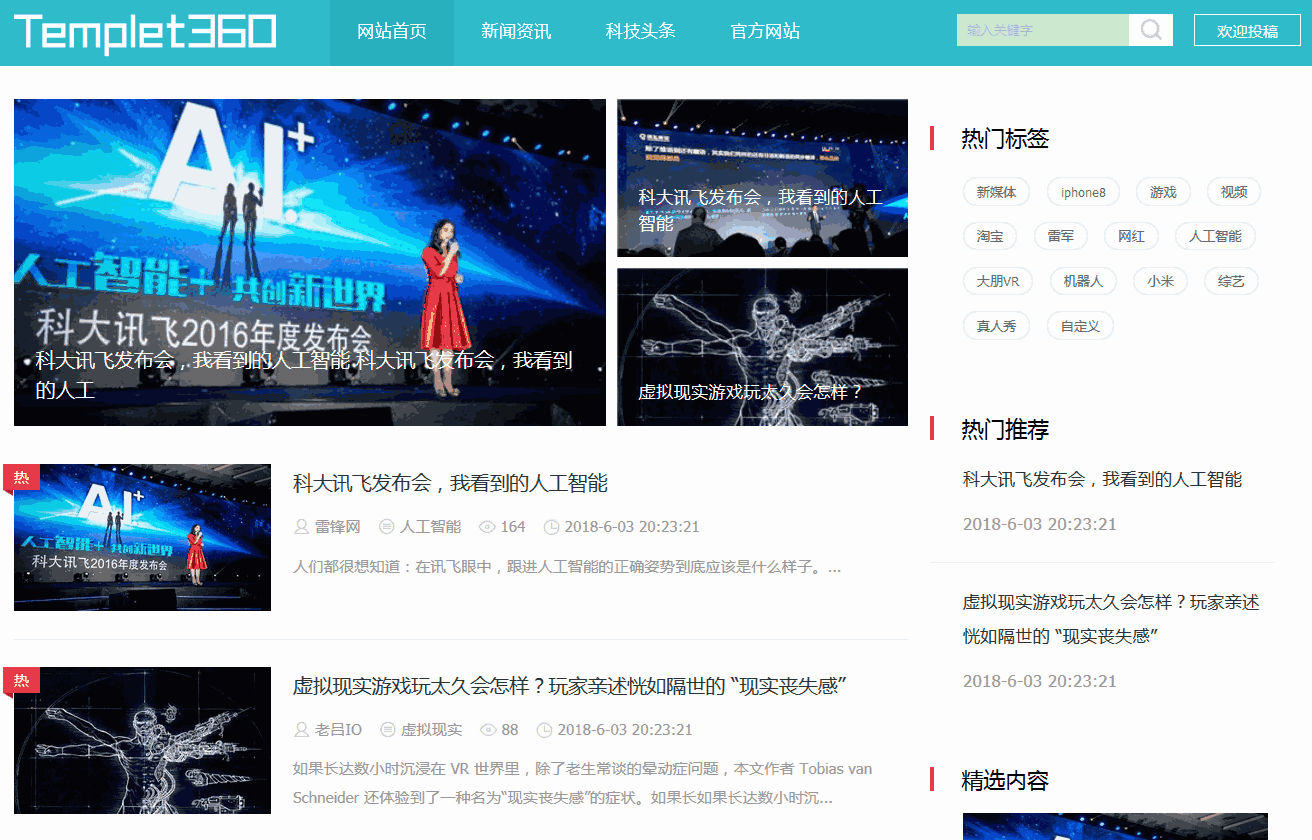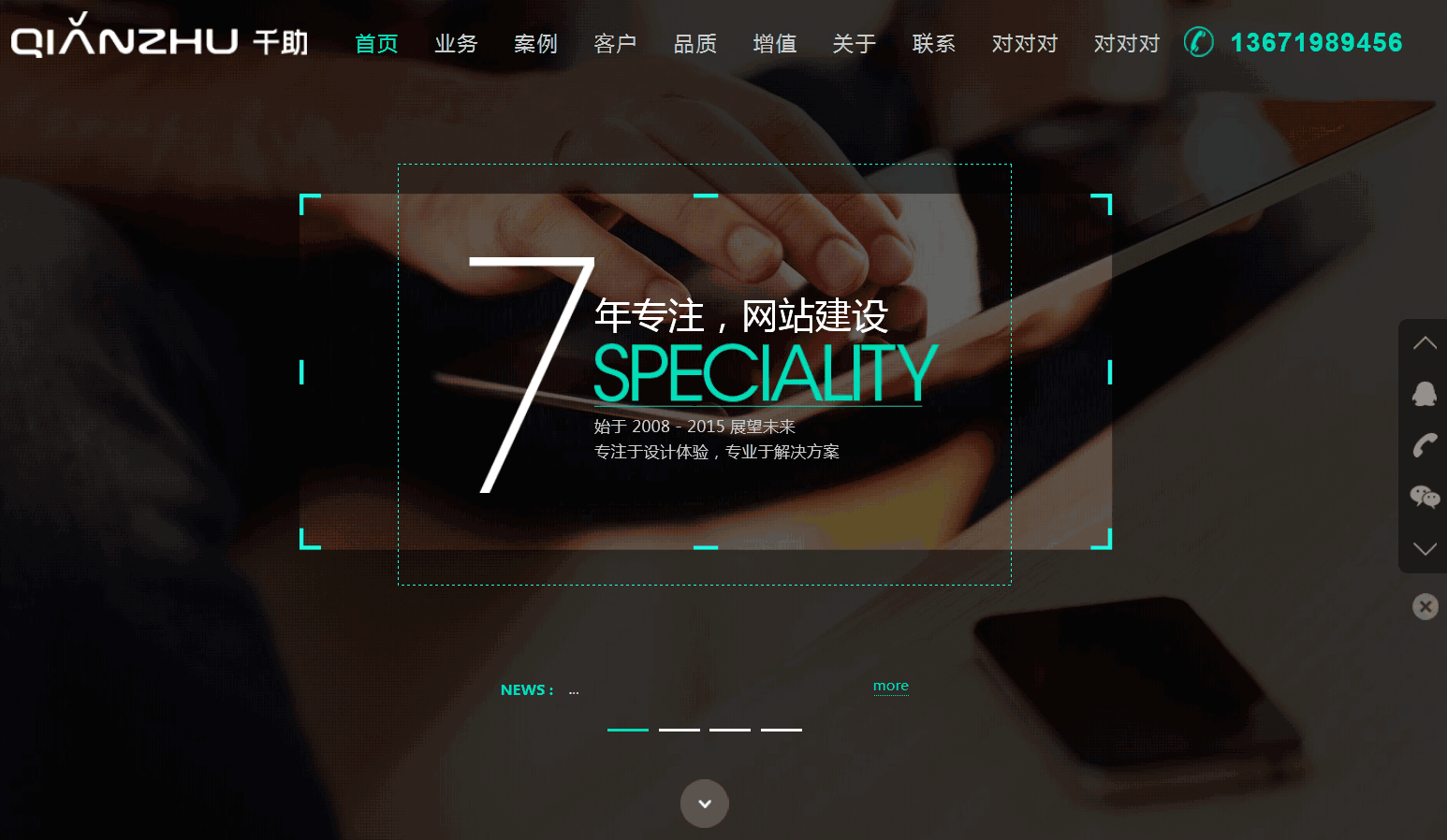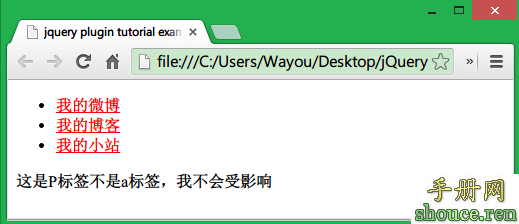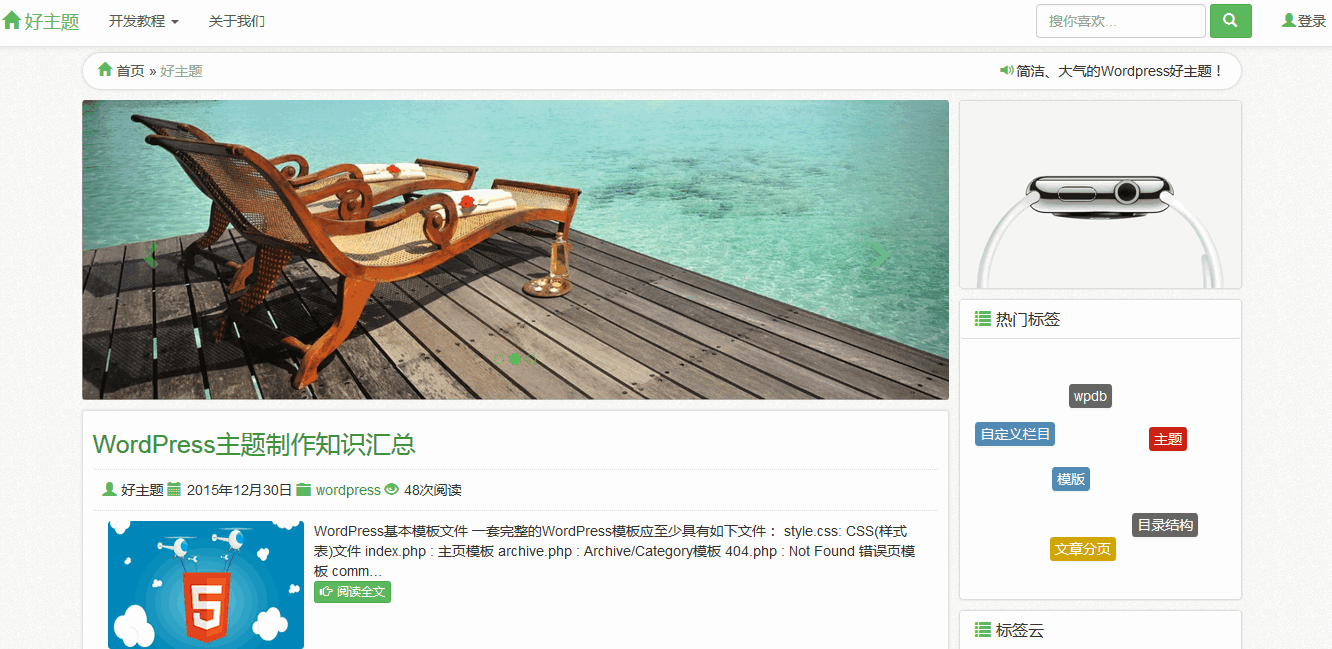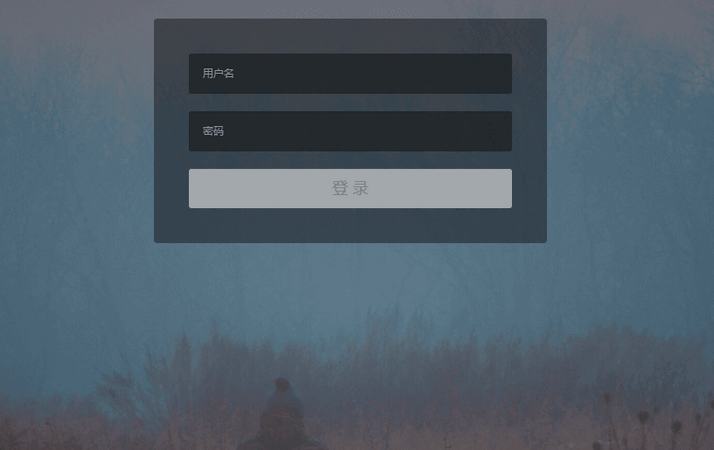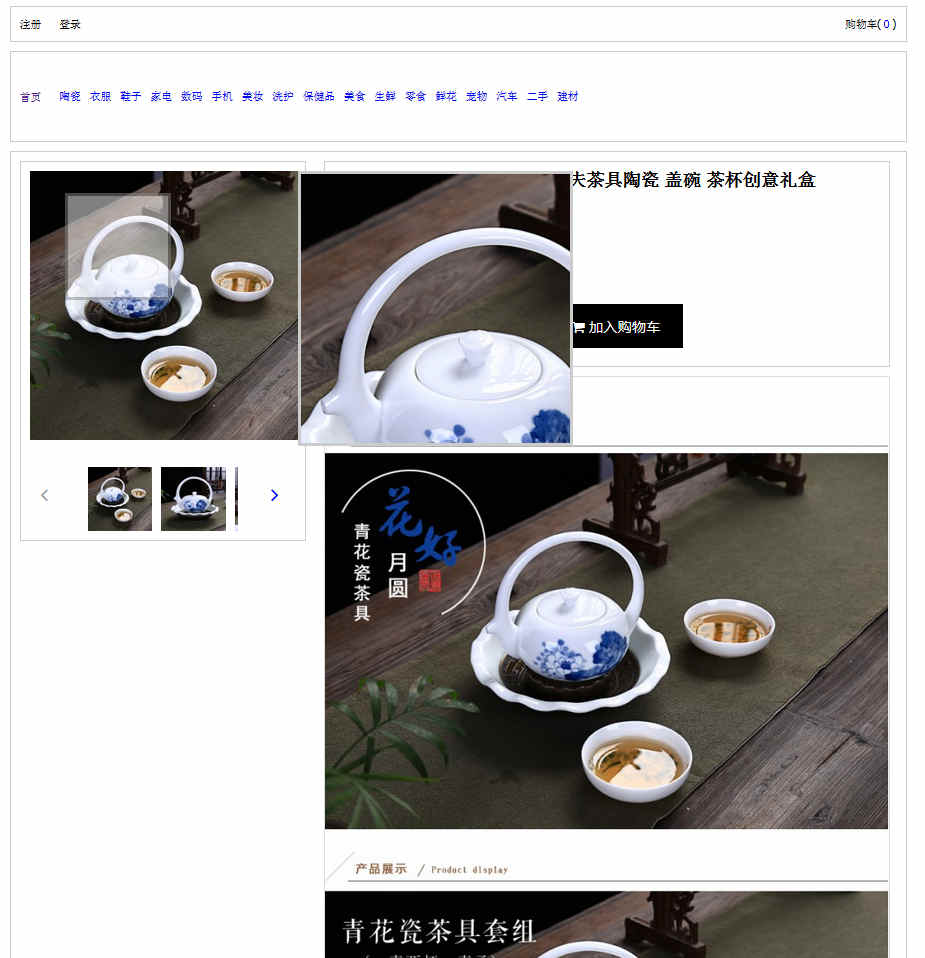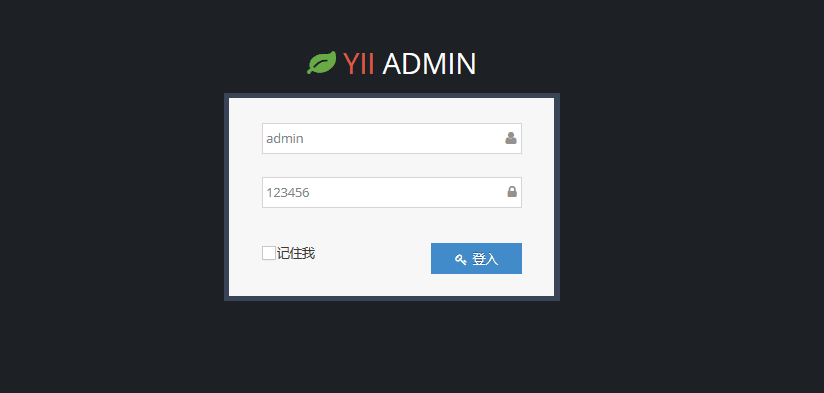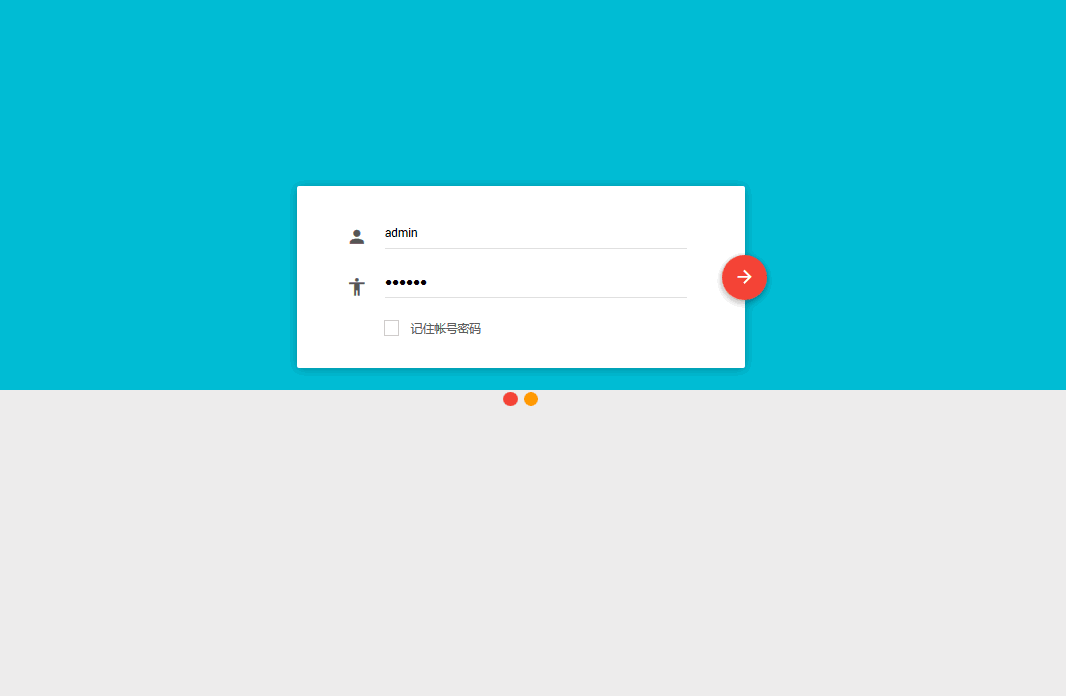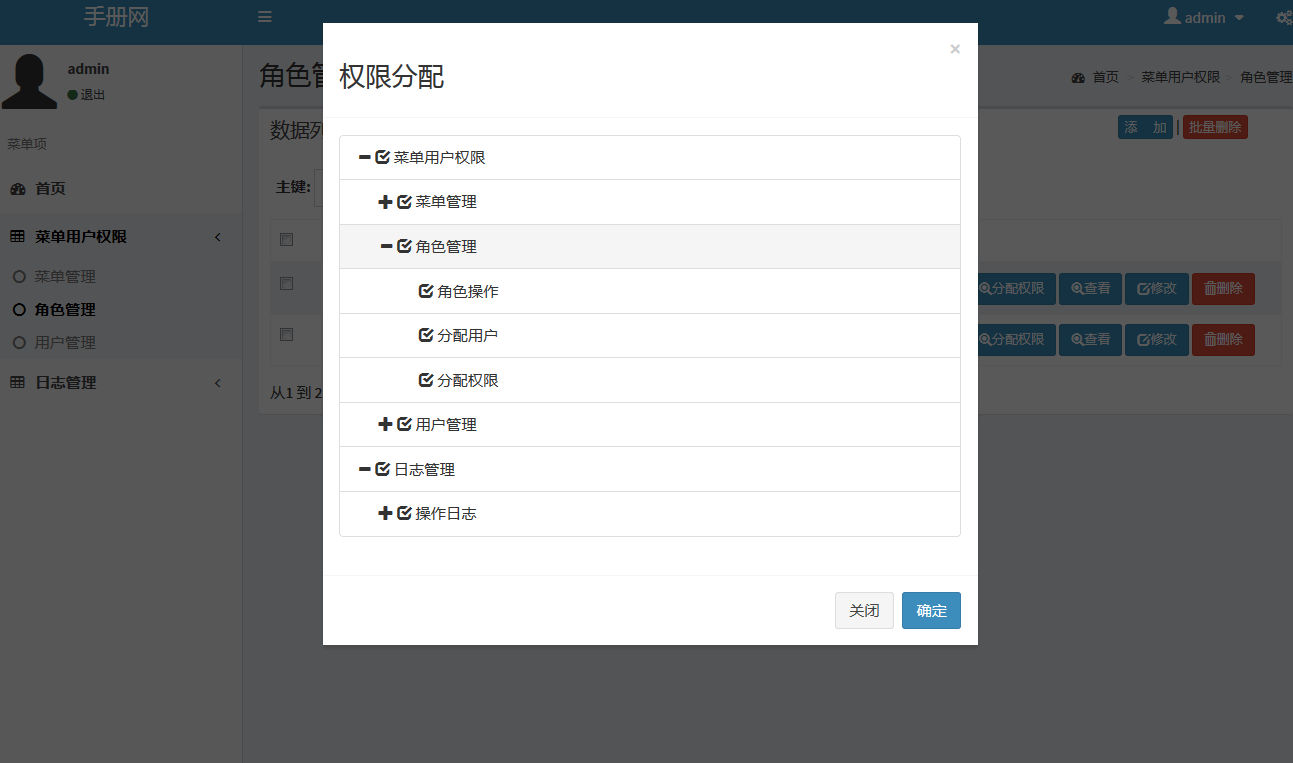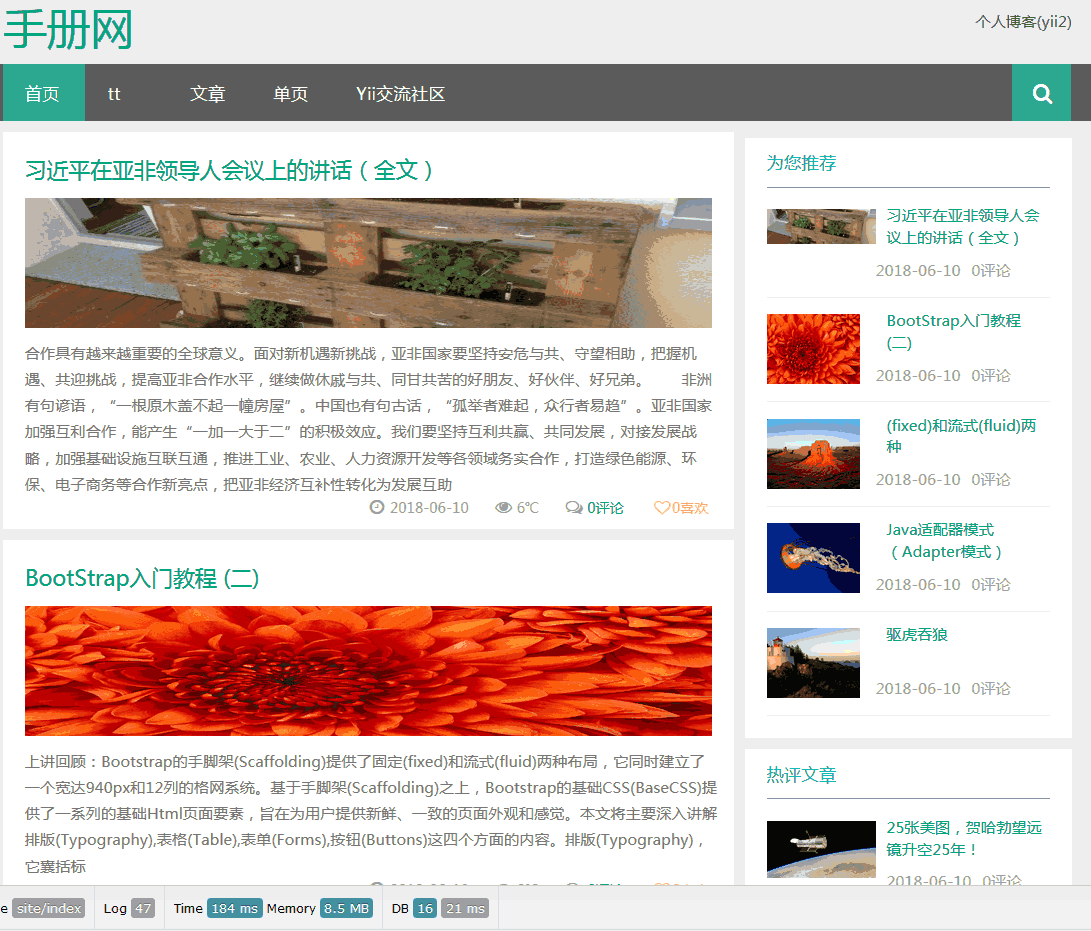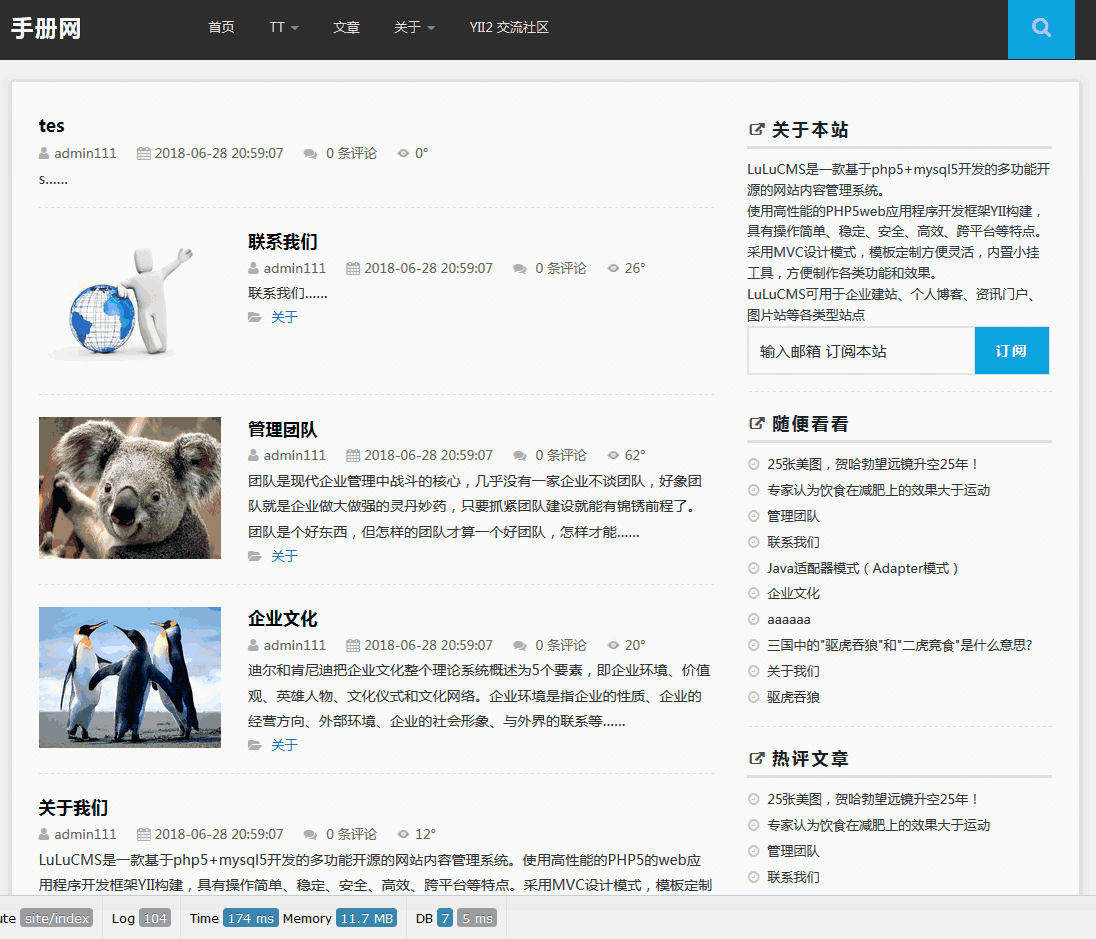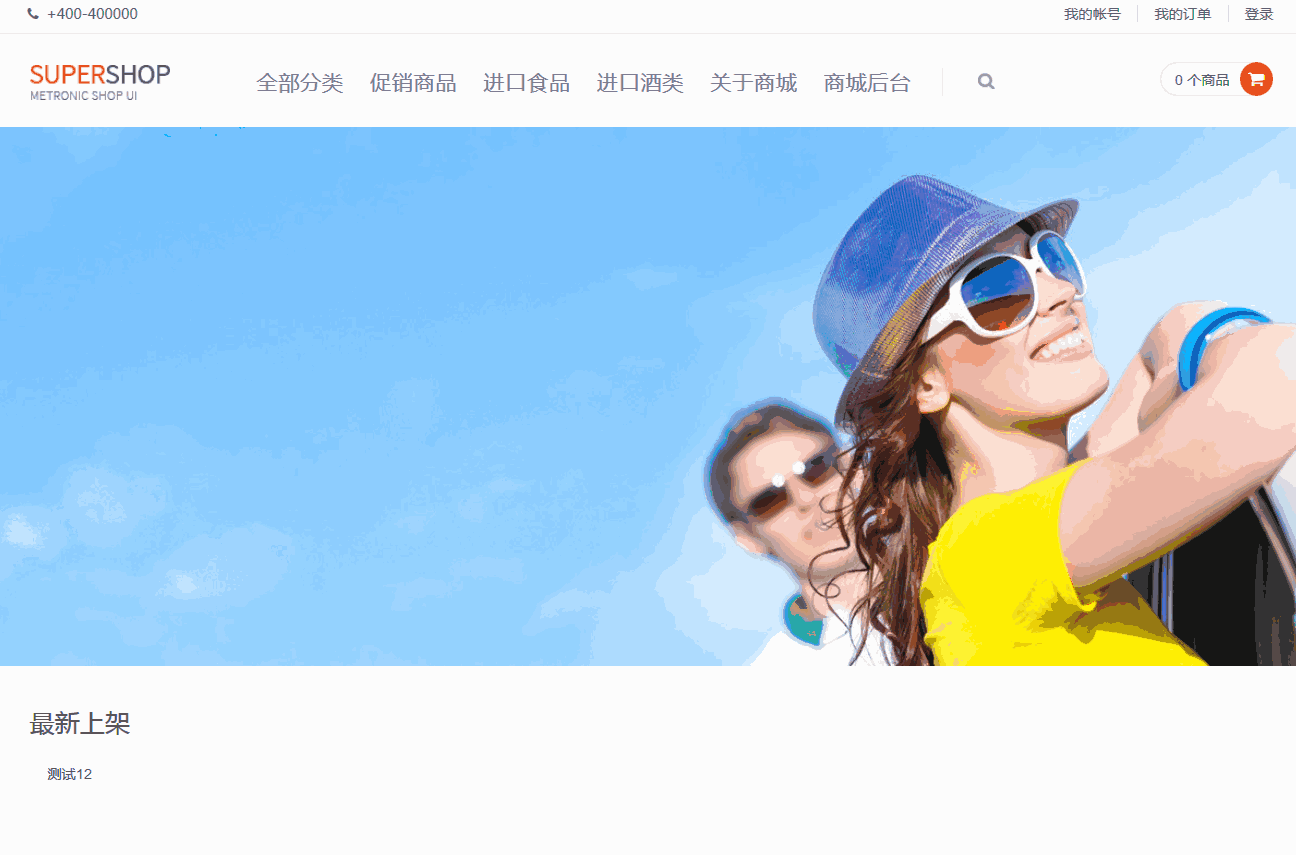Vaadin Web应用开发教程(28):UI布局-概述
jerry VaadinWeb 2015年11月25日
收藏
Vaadin提供的UI组件大体可以分为两类,一类为之前介绍的UI组件主要和用户交互。另外一类为布局类,主要目的是用来管理用户界面中所放置的UI组件的大小和位置。
在创建Window对象时,如果你不想使用缺省的布局,可以着手创建根布局对象,如下例:
- // Create the main window.
- Window main = new Window("My Application");
- setMainWindow(main);
- // Set the root layout (VerticalLayout is actually the default).
- VerticalLayout root = new VerticalLayout();
- main.setContent(root);
- // Add the topmost component.
- root.addComponent(new Label("The Ultimate Cat Finder"));
- // Add a horizontal layout for the bottom part.
- HorizontalLayout bottom = new HorizontalLayout();
- root.addComponent(bottom);
- bottom.addComponent(new Tree("Major Planets and Their Moons"));
- bottom.addComponent(new Panel());
- ...
在创建好Layout对象后,通常还需要对布局对象进行调整,比如大小,对齐方式,间隔等等。
此外布局的使用和用户界面的主题关系密切,比如背景,边界类型,文字对齐等。这些在后面都有详细介绍。
比如使用上面代码创建的一个界面显示如下:
Vaadin应用创建用户界面除了使用Java代码外,Vaadin提供了Eclipse IDE的一个插件,可以通过拖动UI组件的方式帮助开发人员设计用户界面。详见后文。
- 没有章节
